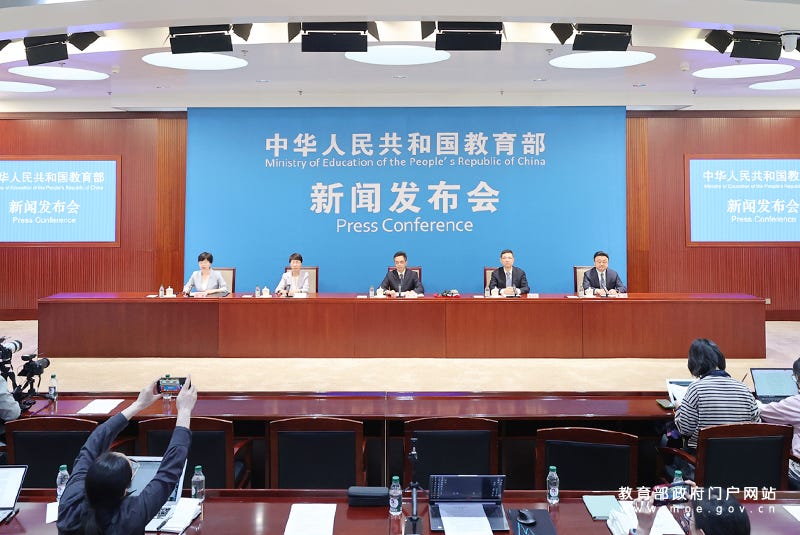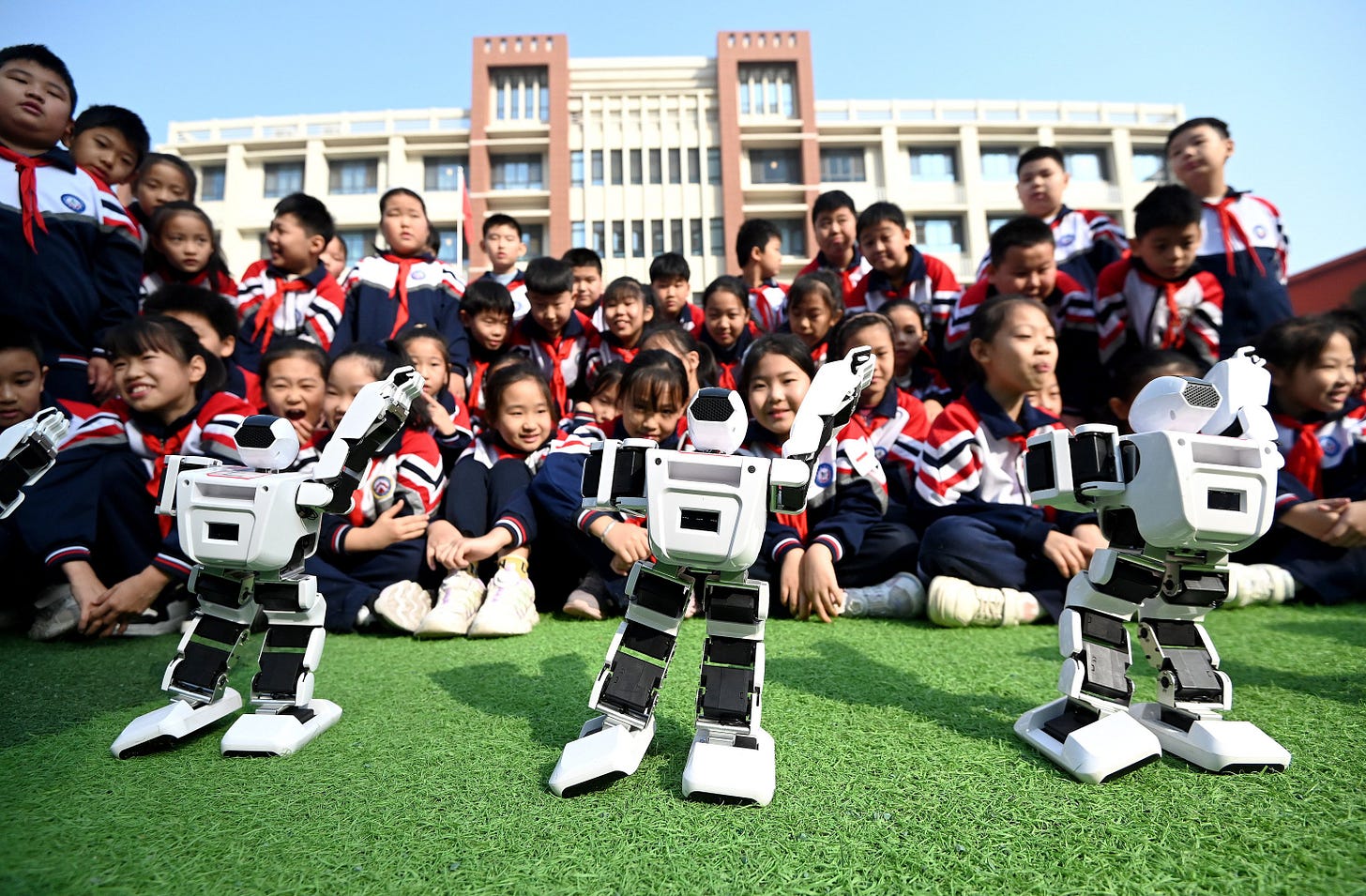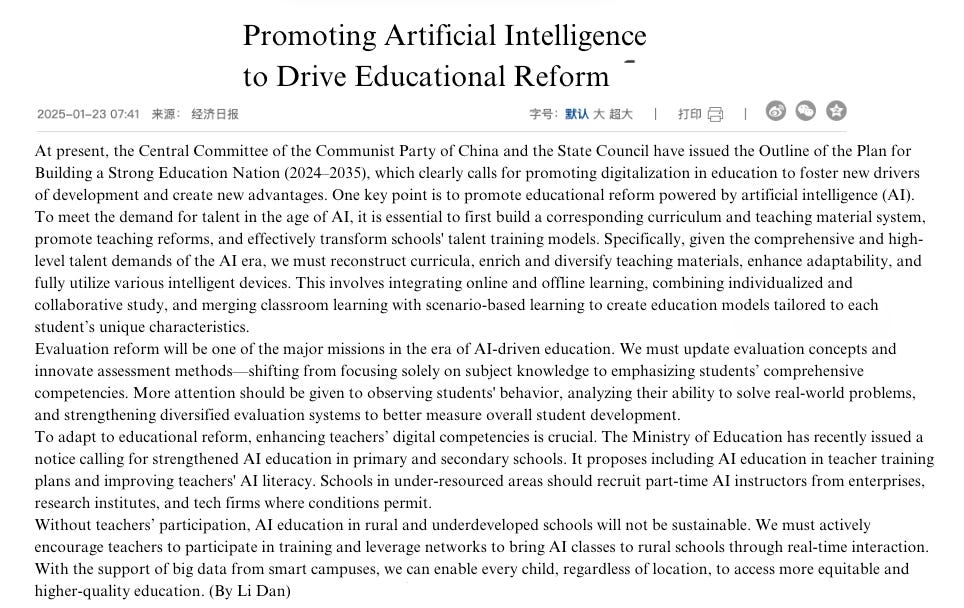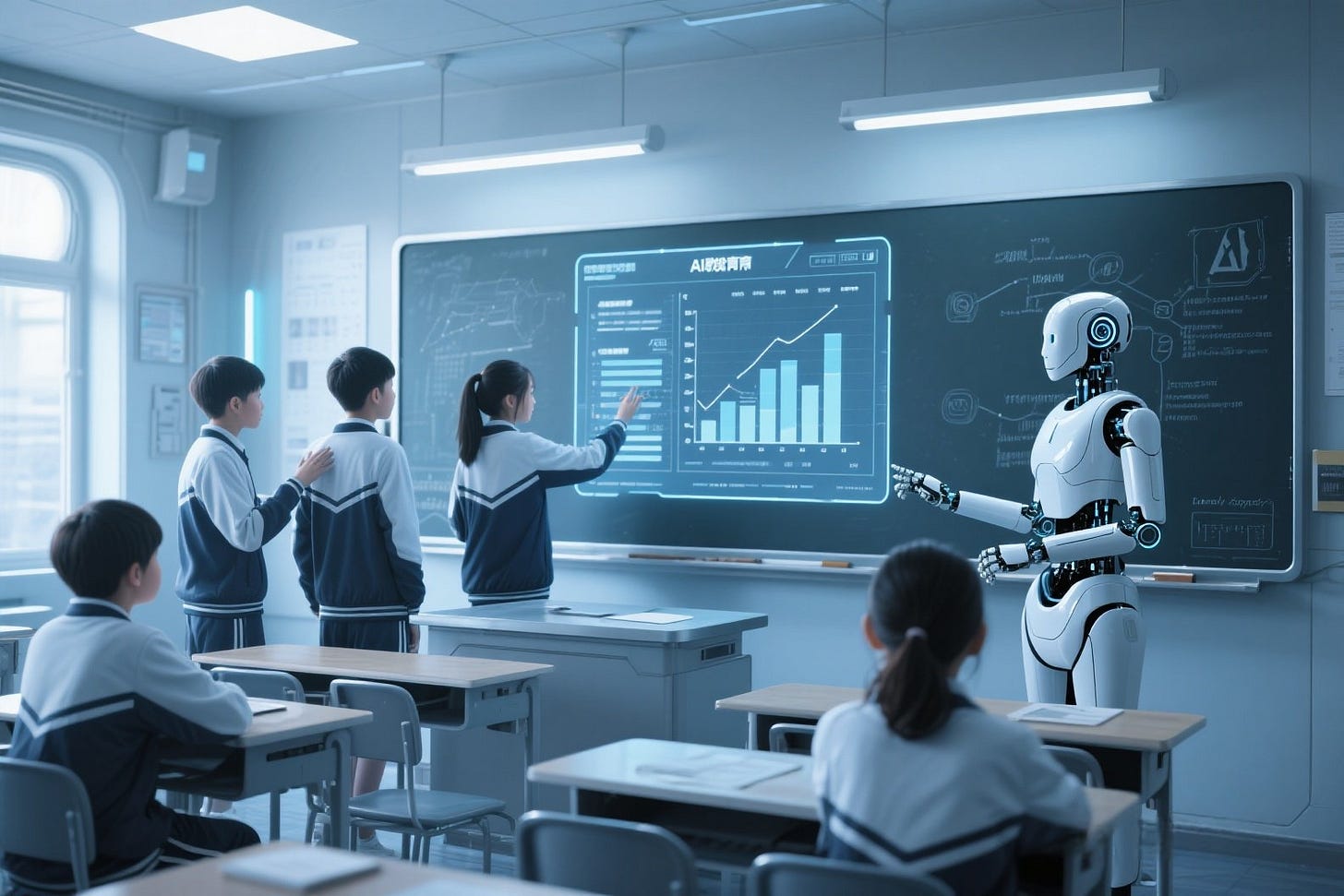How China Is Redefining Education with AI: Strategy, Pilots, and the Road Ahead
In 2025, China is making artificial intelligence a key engine for education reform. Through strong national policy, large-scale pilots, and growing market momentum, AI is being used to personalize learning, improve teaching, and increase access—especially in rural and underserved areas. It is no longer an experiment, but a core part of how China envisions the future of education.
📌 A Three-Part AI Education Strategy
China’s AI in Education (AIED) efforts are built on a clear structure:
Smart Tools for Teaching and Learning
AI lesson planning, virtual labs, intelligent tutors
Personalized learning recommendations for over 100 million students
Real-Time Management and Assessment
AI-generated student dashboards
Adaptive tests and dynamic skill evaluation
System-Level Innovation
Digital learning platforms for remote regions
“Three Classrooms” program to bring urban-quality lessons to rural schools
Lifelong learning systems powered by AI
📊 Policy-Driven and Locally Piloted
China’s Ministry of Education and multiple provinces are working together to scale AI in schools:
White Paper on AI in Education: Sets the vision for "personalized, high-quality, large-scale" education
Local Pilots:
Beijing: Large-scale education models and interdisciplinary AI labs
Shanghai: District-wide smart campuses and multimodal content
Chengdu: AI-supported student learning analytics and feedback loops
As of April 2025:
90% of provinces have released AI education policies
Over 500 AI model schools are under construction
The AIED market is projected to surpass ¥200 billion (~$28B USD) by 2027
⚖️ Ethics and Governance Are Taking Shape
China is also addressing the risks of AI through regulation and oversight:
A national AI ethics committee for education is in place
Guidelines are being written to clarify content ownership, data privacy, and algorithm fairness
China references the EU AI Act but adapts it to local educational needs
🔮 Future Directions: From Tools to Ecosystems
Fully Integrated Education Ecosystems
AI agents will assist teachers and students 24/7. Schools, districts, and national systems will connect through a unified data network.Personalization at Scale
AI systems will help tailor learning experiences across academic and vocational tracks. Companies like Huawei are offering AI skills certification linked to industry needs.Global Reach
China is promoting its platforms abroad—through international MOOCs and vocational initiatives like “Luban Workshops”—and engaging in global discussions on AI education standards.
🌐 Why It Matters
For international educators, China’s AIED push offers valuable insights:
How AI can improve access without sacrificing quality
How to manage risk through early ethics design
How governments can coordinate national policy with grassroots innovation
📮 Final Note
China is not just adding AI to schools—it is rebuilding the education system with AI at its core. From rural classrooms to national platforms, this transformation aims to prepare the next generation for a world where learning is lifelong, intelligent, and personalized.
📎 Sources: Ministry of Education (China), 2025 AIED White Paper, China Internet Society, National and Provincial Pilot Programs





